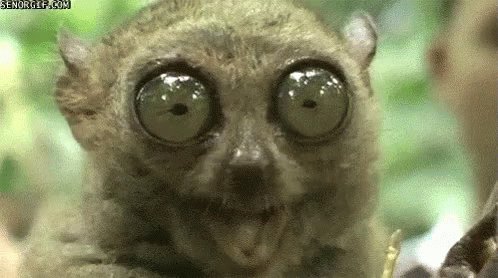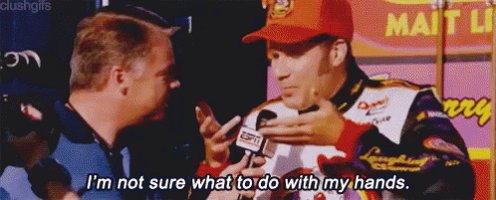Along w/ Biden climate news, some thoughts on solar geoengineering (SG) research under Biden Admin. SG closer to Biden/Democratic politics than Trump/Conservative: science-based, multilateral “green” capitalism. Recent moves indicate SG steadily moving into climate policy: THREAD
More from Biden
THREAD: There has been a lot of criticism levied against @BernieSanders recently following his comment about "working within the context of what Biden wants" as Chairman of the Senate Budget Committee. This thread will explore why this really isn't all that surprising.
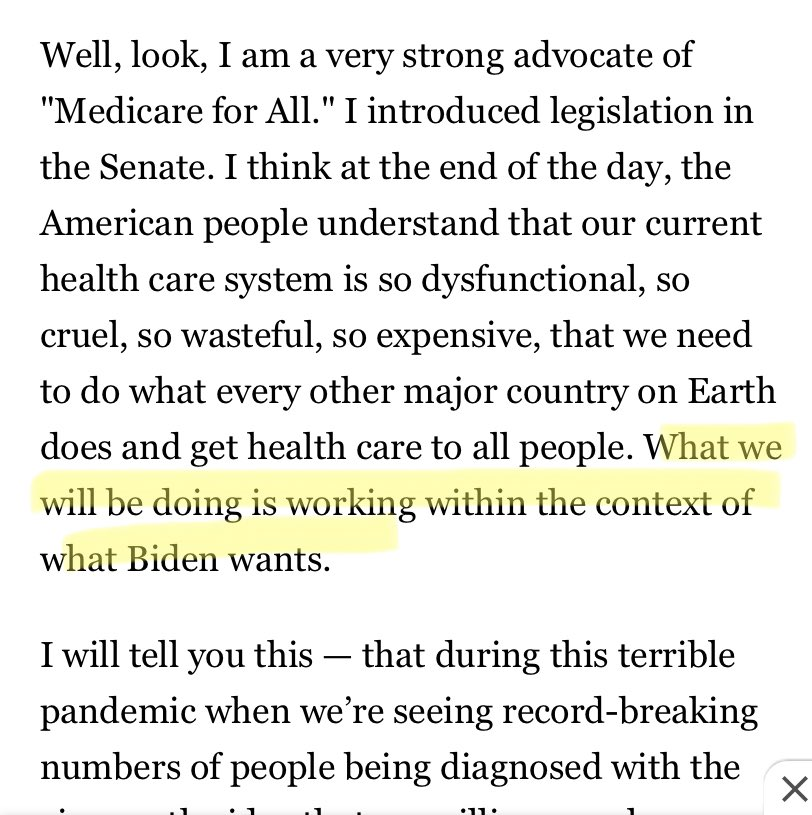
Over the last 20+ years, Bernie has endorsed every establishment Democrat running for President: Bill Clinton, Gore, Kerry, Obama, Hillary, and most recently, Biden. These candidates and what they represent largely contradict much of what Bernie says he stands for.

Chris Hedges theorized in 2015: "...All that energy and all of that money goes back into the Democratic party. [Bernie] functions as a sheepdog to corral progressives, left-leaning progressives, back into the embrace of the Democratic
Bernie's foreign policy positions are also telling. While he *did* vote against the US invasion of Iraq, he still voted to fund it once underway, & also backed the US bombing of Kosovo, US sanctions against Iran & Libya, & the Iraqi Liberation Act of
Bernie called closing the torturous gulag at Guantanamo a "complicated issue" and supported a proposal in 2009 to "prohibit funding to transfer, release, or incarcerate detainees detained at Guantanamo Bay, Cuba, to or within the United States."
https://t.co/4p64SgeD1x


Over the last 20+ years, Bernie has endorsed every establishment Democrat running for President: Bill Clinton, Gore, Kerry, Obama, Hillary, and most recently, Biden. These candidates and what they represent largely contradict much of what Bernie says he stands for.

Chris Hedges theorized in 2015: "...All that energy and all of that money goes back into the Democratic party. [Bernie] functions as a sheepdog to corral progressives, left-leaning progressives, back into the embrace of the Democratic
Bernie's foreign policy positions are also telling. While he *did* vote against the US invasion of Iraq, he still voted to fund it once underway, & also backed the US bombing of Kosovo, US sanctions against Iran & Libya, & the Iraqi Liberation Act of
Bernie called closing the torturous gulag at Guantanamo a "complicated issue" and supported a proposal in 2009 to "prohibit funding to transfer, release, or incarcerate detainees detained at Guantanamo Bay, Cuba, to or within the United States."
https://t.co/4p64SgeD1x

I got overnight via email a query from @briansflood at Fox News, the principal part of which I reproduce below. I answered by email too. I'll append that reply in the next threaded tweet:

My reply:
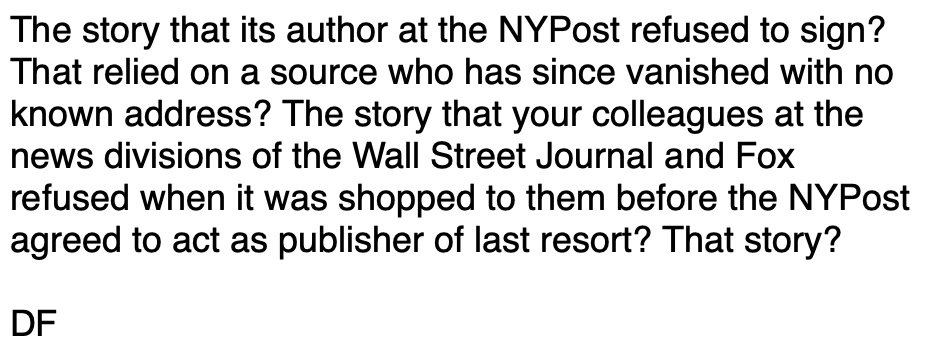
Hunter Biden's dubious business activities have been reported for years. Here for example is @TheAtlantic in September 2019, year *before* @nypost https://t.co/qZBTpyuysM

That emails attributed to Hunter Biden were circulating was also known well before the NYPost story in October. Here's TIME magazine https://t.co/JvpEKdG0U4

What @NYPost added to the work earlier done by others was a new *origin* story for the materials that circulated in Ukraine in 2019. When other media organizations attempted to corroborate that story, hijinx ensued. https://t.co/ZJGZWq7etU @thedailybeast account
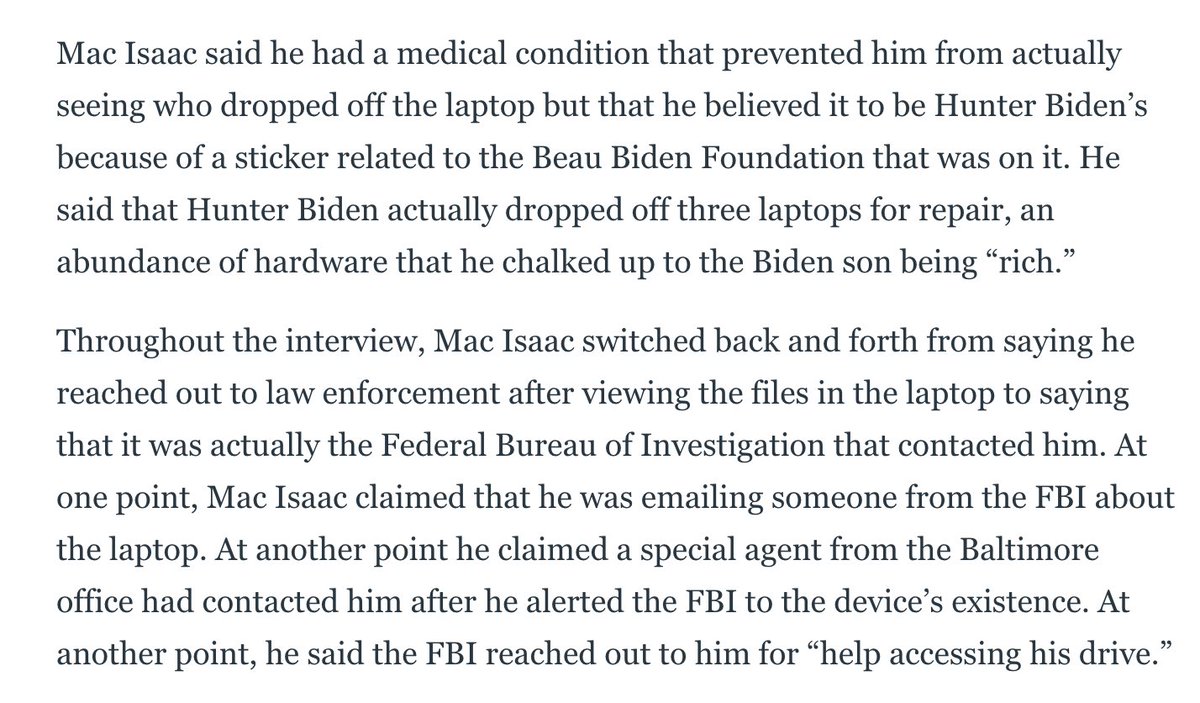

My reply:

Hunter Biden's dubious business activities have been reported for years. Here for example is @TheAtlantic in September 2019, year *before* @nypost https://t.co/qZBTpyuysM

That emails attributed to Hunter Biden were circulating was also known well before the NYPost story in October. Here's TIME magazine https://t.co/JvpEKdG0U4

What @NYPost added to the work earlier done by others was a new *origin* story for the materials that circulated in Ukraine in 2019. When other media organizations attempted to corroborate that story, hijinx ensued. https://t.co/ZJGZWq7etU @thedailybeast account

Okay. That was quick. I’m done with Biden. Renata Hesse is total nightmare for workers. Her previous stint in DOJ had her tightening restrictions on songwriters while letting big tech off the hook. She is a pawn of Silicon Valley. Be very very afraid.
Former Google attorney Renata Hesse when working at DOJ antitrust tried to change the details of the BMI and ASCAP consent decrees that would have made a $1 Billion lawsuit against Google go away. This is horrendously corrupt. This is a terrible terrible start for Biden.
https://t.co/yM5ej1rIBN
https://t.co/hkc1B31cR7
https://t.co/J5f3C90qsh
The Prospect and The Intercept have learned that Renata Hesse, a former Obama Justice Department official who then went on to work for Google and Amazon, is a leading contender to head up the DoJ Antitrust Division.
— David Dayen (@ddayen) January 15, 2021
Former Google attorney Renata Hesse when working at DOJ antitrust tried to change the details of the BMI and ASCAP consent decrees that would have made a $1 Billion lawsuit against Google go away. This is horrendously corrupt. This is a terrible terrible start for Biden.
https://t.co/yM5ej1rIBN
https://t.co/hkc1B31cR7
https://t.co/J5f3C90qsh
You May Also Like
🌿𝑻𝒉𝒆 𝒔𝒕𝒐𝒓𝒚 𝒐𝒇 𝒂 𝑺𝒕𝒂𝒓 : 𝑫𝒉𝒓𝒖𝒗𝒂 & 𝑽𝒊𝒔𝒉𝒏𝒖
Once upon a time there was a Raja named Uttānapāda born of Svayambhuva Manu,1st man on earth.He had 2 beautiful wives - Suniti & Suruchi & two sons were born of them Dhruva & Uttama respectively.
#talesofkrishna https://t.co/E85MTPkF9W

Now Suniti was the daughter of a tribal chief while Suruchi was the daughter of a rich king. Hence Suruchi was always favored the most by Raja while Suniti was ignored. But while Suniti was gentle & kind hearted by nature Suruchi was venomous inside.
#KrishnaLeela

The story is of a time when ideally the eldest son of the king becomes the heir to the throne. Hence the sinhasan of the Raja belonged to Dhruva.This is why Suruchi who was the 2nd wife nourished poison in her heart for Dhruva as she knew her son will never get the throne.
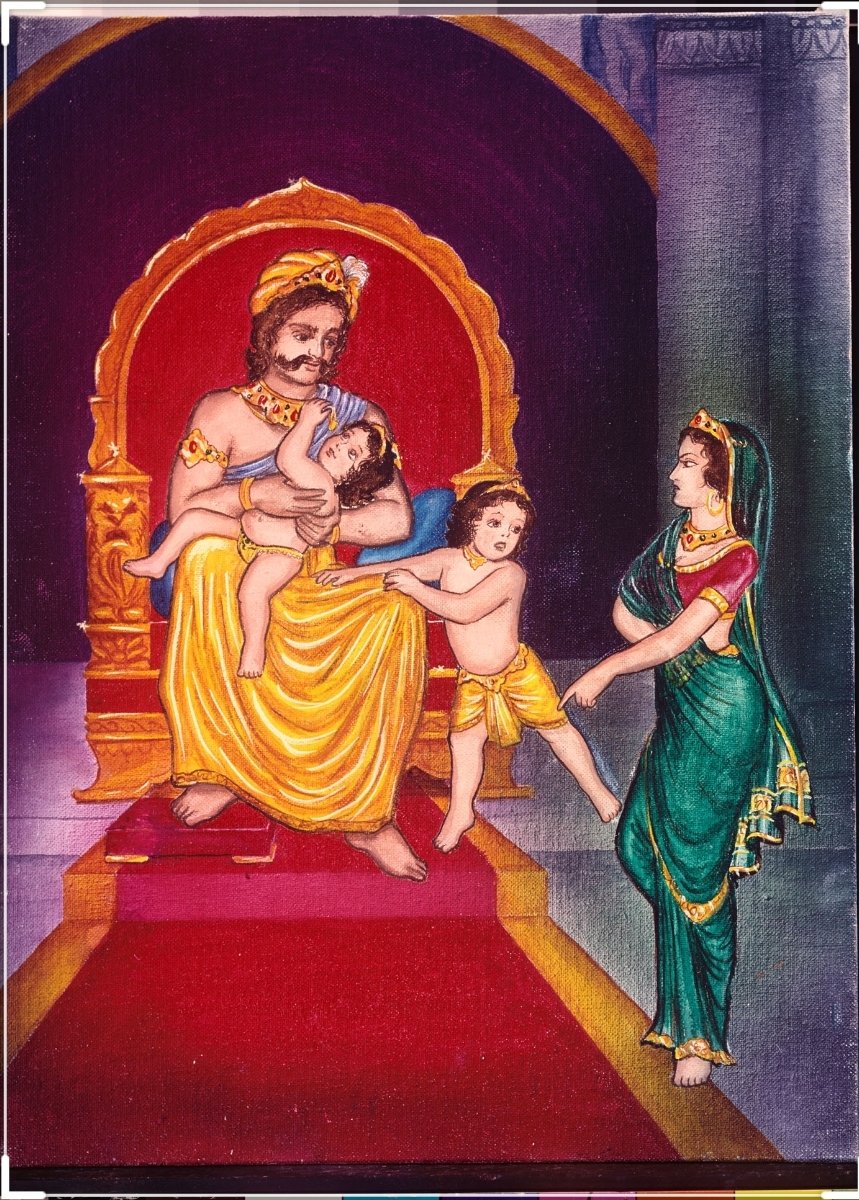
One day when Dhruva was just 5 years old he went on to sit on his father's lap. Suruchi, the jealous queen, got enraged and shoved him away from Raja as she never wanted Raja to shower Dhruva with his fatherly affection.

Dhruva protested questioning his step mother "why can't i sit on my own father's lap?" A furious Suruchi berated him saying "only God can allow him that privilege. Go ask him"

Once upon a time there was a Raja named Uttānapāda born of Svayambhuva Manu,1st man on earth.He had 2 beautiful wives - Suniti & Suruchi & two sons were born of them Dhruva & Uttama respectively.
#talesofkrishna https://t.co/E85MTPkF9W

Prabhu says i reside in the heart of my bhakt.
— Right Singh (@rightwingchora) December 21, 2020
Guess the event. pic.twitter.com/yFUmbfe5KL
Now Suniti was the daughter of a tribal chief while Suruchi was the daughter of a rich king. Hence Suruchi was always favored the most by Raja while Suniti was ignored. But while Suniti was gentle & kind hearted by nature Suruchi was venomous inside.
#KrishnaLeela

The story is of a time when ideally the eldest son of the king becomes the heir to the throne. Hence the sinhasan of the Raja belonged to Dhruva.This is why Suruchi who was the 2nd wife nourished poison in her heart for Dhruva as she knew her son will never get the throne.

One day when Dhruva was just 5 years old he went on to sit on his father's lap. Suruchi, the jealous queen, got enraged and shoved him away from Raja as she never wanted Raja to shower Dhruva with his fatherly affection.

Dhruva protested questioning his step mother "why can't i sit on my own father's lap?" A furious Suruchi berated him saying "only God can allow him that privilege. Go ask him"

Margatha Natarajar murthi - Uthirakosamangai temple near Ramanathapuram,TN
#ArudraDarisanam
Unique Natarajar made of emerlad is abt 6 feet tall.
It is always covered with sandal paste.Only on Thriuvadhirai Star in month Margazhi-Nataraja can be worshipped without sandal paste.

After removing the sandal paste,day long rituals & various abhishekam will be https://t.co/e1Ye8DrNWb day Maragatha Nataraja sannandhi will be closed after anointing the murthi with fresh sandal paste.Maragatha Natarajar is covered with sandal paste throughout the year

as Emerald has scientific property of its molecules getting disturbed when exposed to light/water/sound.This is an ancient Shiva temple considered to be 3000 years old -believed to be where Bhagwan Shiva gave Veda gyaana to Parvati Devi.This temple has some stunning sculptures.
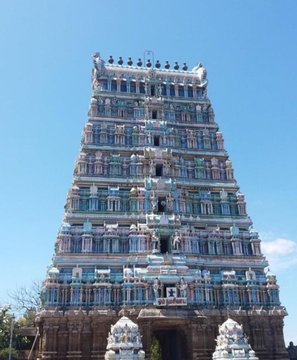
#ArudraDarisanam
Unique Natarajar made of emerlad is abt 6 feet tall.
It is always covered with sandal paste.Only on Thriuvadhirai Star in month Margazhi-Nataraja can be worshipped without sandal paste.

After removing the sandal paste,day long rituals & various abhishekam will be https://t.co/e1Ye8DrNWb day Maragatha Nataraja sannandhi will be closed after anointing the murthi with fresh sandal paste.Maragatha Natarajar is covered with sandal paste throughout the year

as Emerald has scientific property of its molecules getting disturbed when exposed to light/water/sound.This is an ancient Shiva temple considered to be 3000 years old -believed to be where Bhagwan Shiva gave Veda gyaana to Parvati Devi.This temple has some stunning sculptures.

















